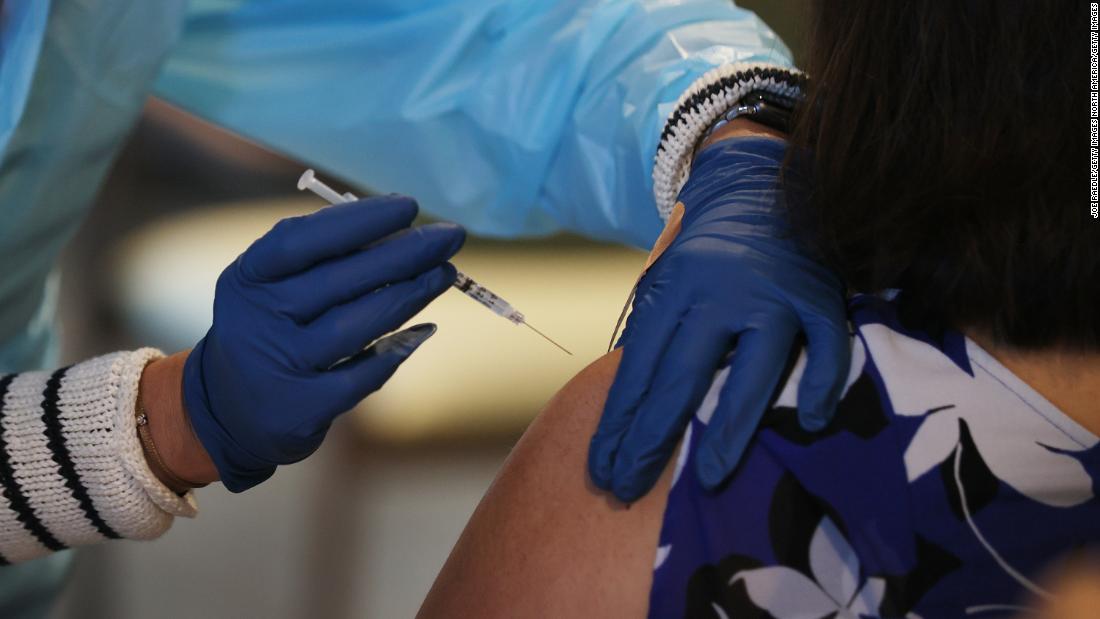Analysis: America arrives at a moment of introspection on the coronavirus
“I remain deeply concerned about this trajectory. We have seen cases and hospital admissions move from historic declines to stagnations to increases,” Walensky said during the White House Covid-19 task force briefing Friday. “And we know from prior surges that if we don’t control things now, there is a real potential for the epidemic curve to soar again. Please, take this moment very seriously.”
Controversy over the origins of the virus
In an excerpt of the CNN documentary released Friday, Dr. Robert Redfield, the former director of the CDC, expressed fresh skepticism about China’s explanation that the initial Covid-19 cases emerged in a wet market in Wuhan. He told Gupta that he is convinced the pandemic began several months before the US was notified of the “mysterious cluster of pneumonia patients” in late December — raising the specter that the US and the world lost a precious period when they could have begun preparing for the outbreak to mitigate deaths.
“If I was to guess, this virus started transmitting somewhere in September, October in Wuhan,” Redfield told Gupta in a clip from the documentary “COVID WAR: The Pandemic Doctors Speak Out,” which airs Sunday at 9 p.m. ET on CNN. “That’s my own feelings. And only opinion. I’m allowed to have opinions now.”
Fauci, the nation’s top infectious disease expert, seemed to downplay the possibility that Redfield’s explanation is correct during the White House Covid-19 briefing on Friday.
“Obviously, there are a number of theories,” said Fauci, director of the National Institute of Allergy and Infectious Diseases. “Dr. Redfield was mentioning that he was giving an opinion as to a possibility, but again, there are other alternatives — others, that most people hold by.”
A push toward 200 million shots in 100 days
About 49 million Americans are now fully vaccinated, and about 1 in 3 have received at least one dose. But White House officials are highlighting the fact that 71% of seniors have received one shot, because that age group accounts for roughly 80% of the Covid deaths up to this point.
With the increase in vaccine supply, Zients affirmed Friday there will be enough vaccine doses for every adult in the US by the end of May and said the three manufacturers who have received emergency use authorization for their vaccines in the US — Pfizer, Moderna and Johnson & Johnson — “are setting and hitting targets.”
“It’s clear there is a case for optimism, but there is not a case for relaxation,” Zients said. “This is not the time to let down our guard.”
![]()


